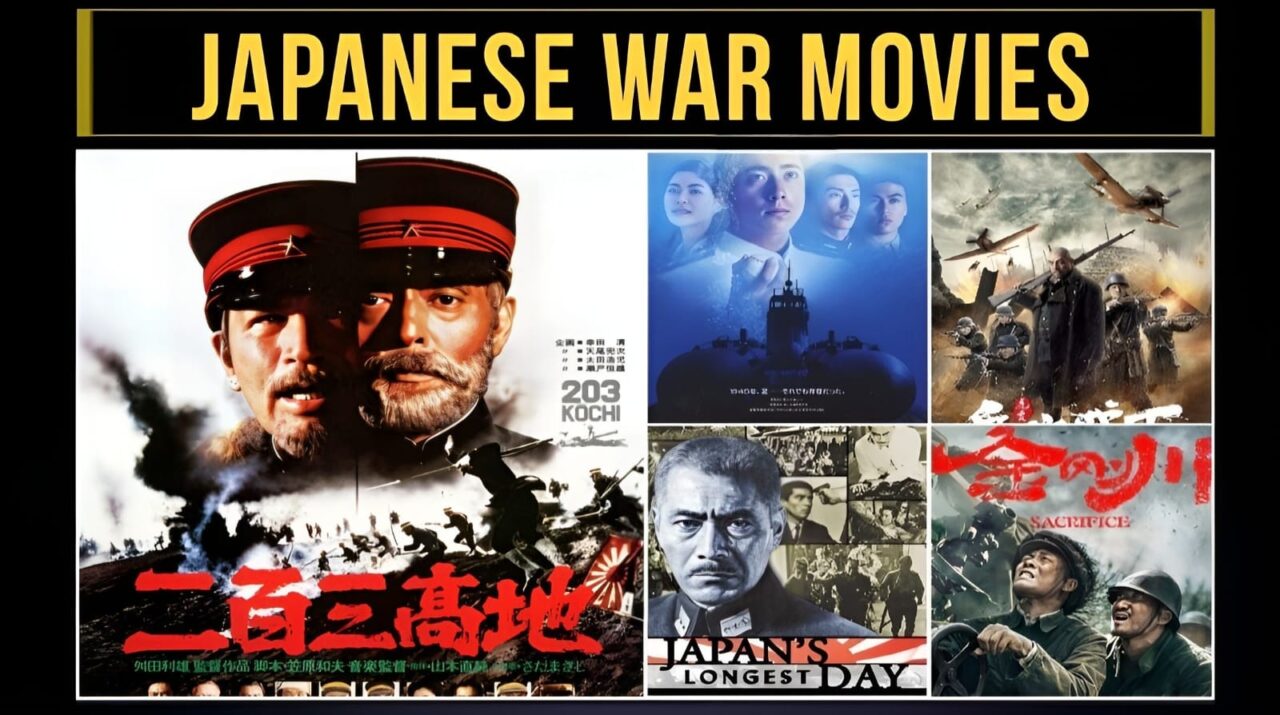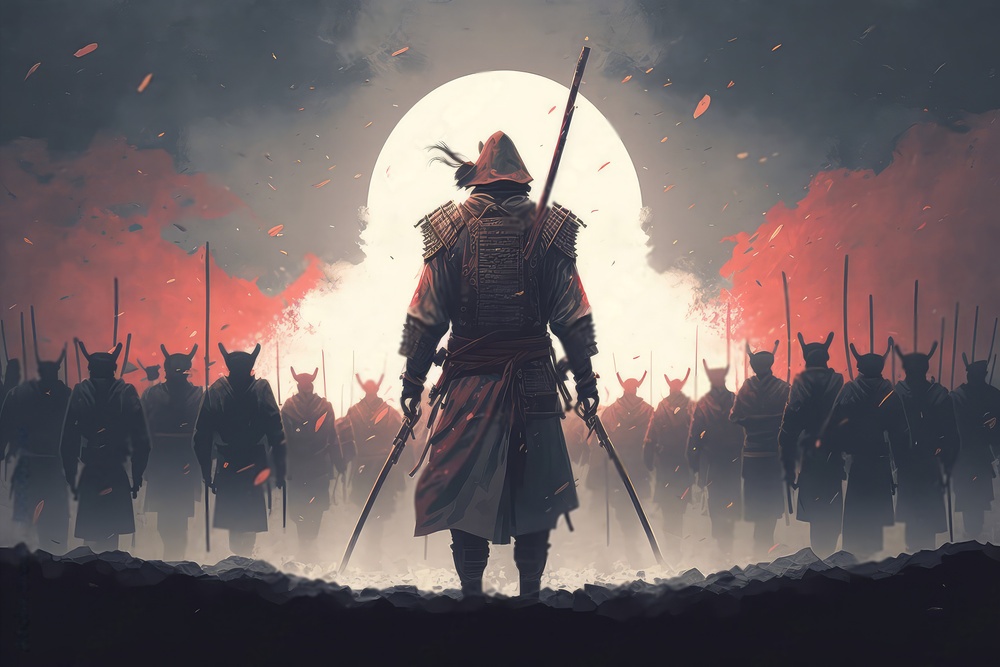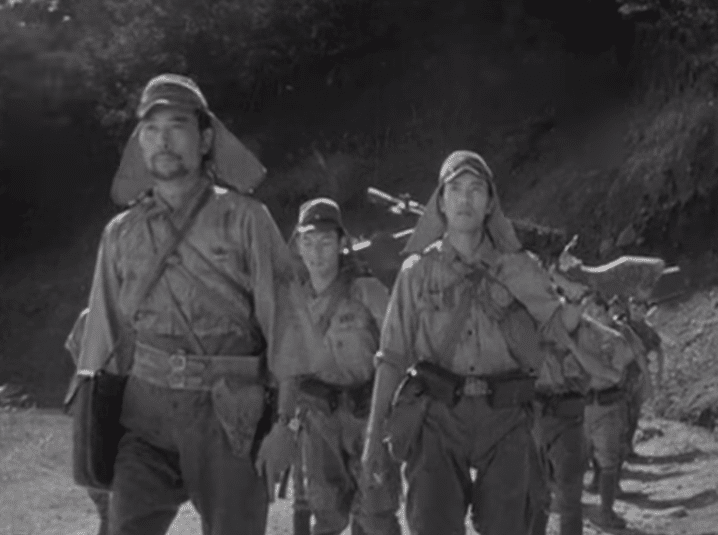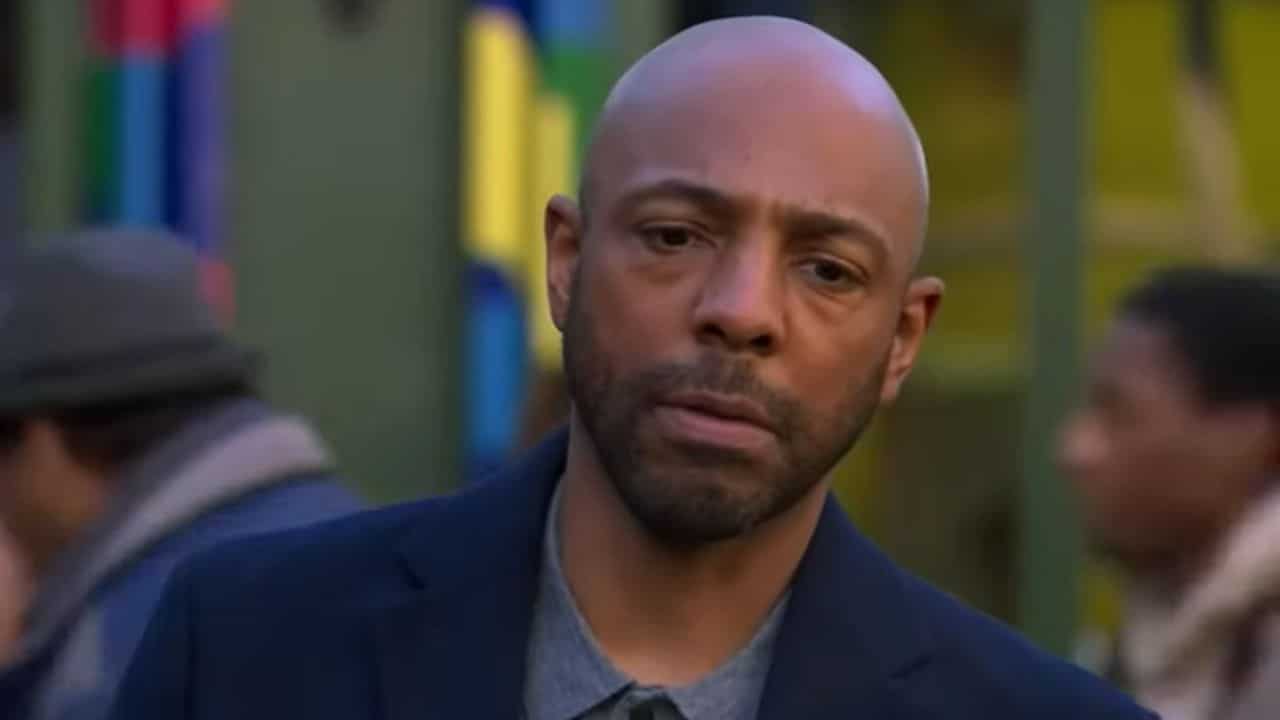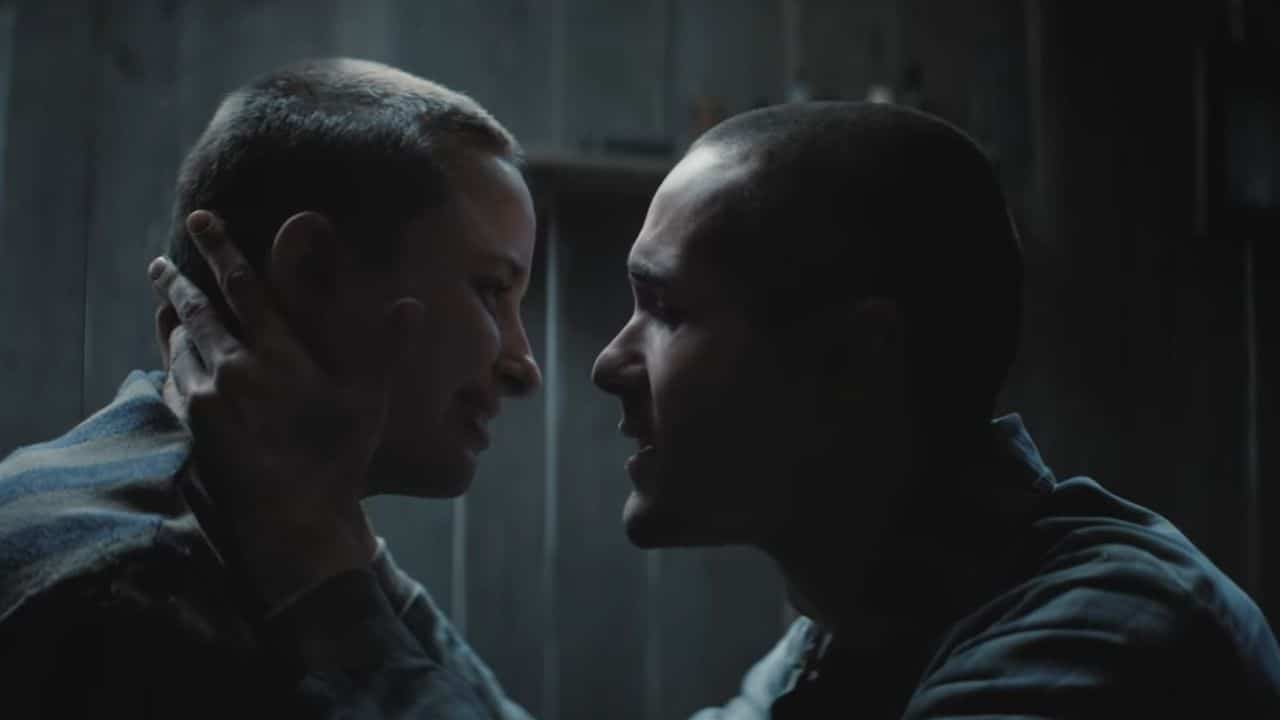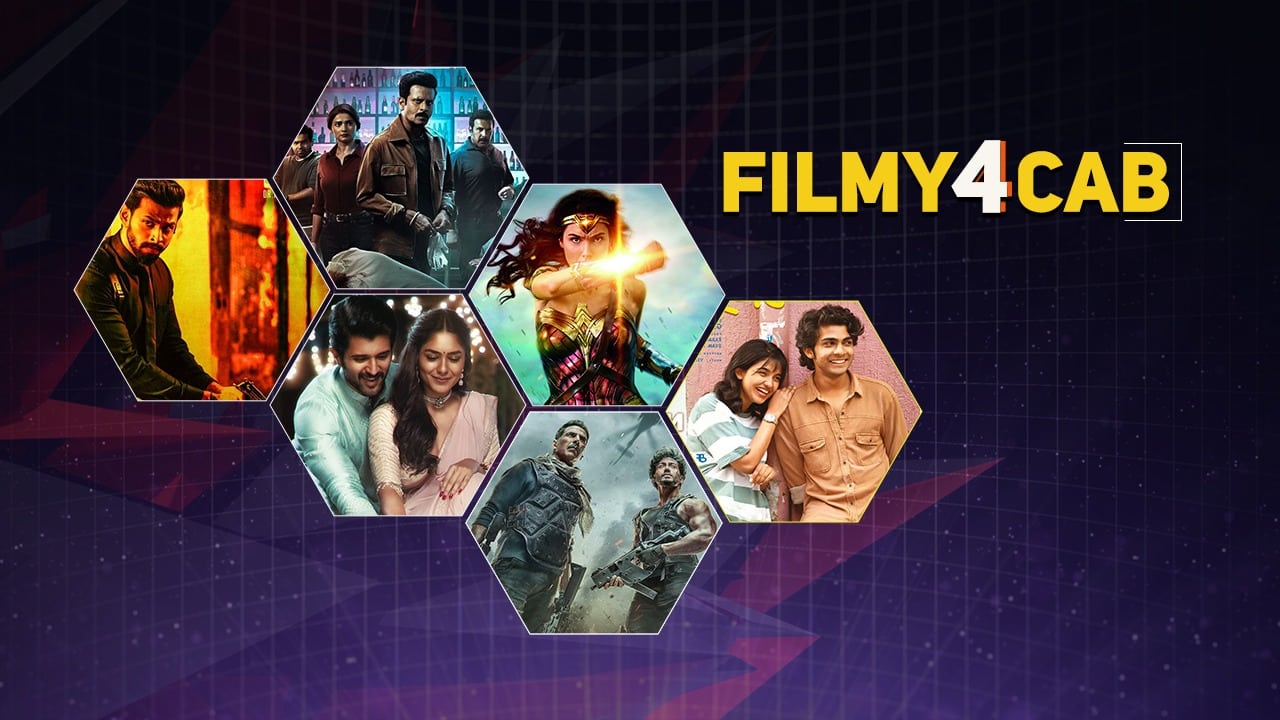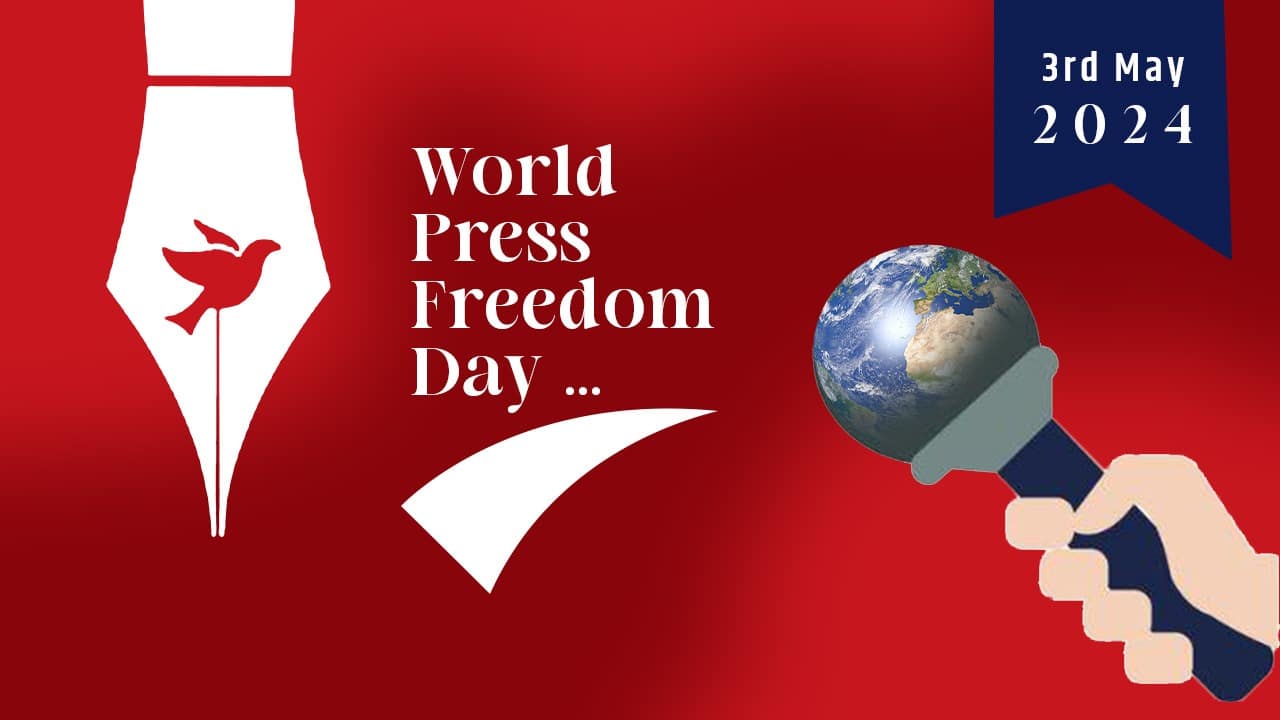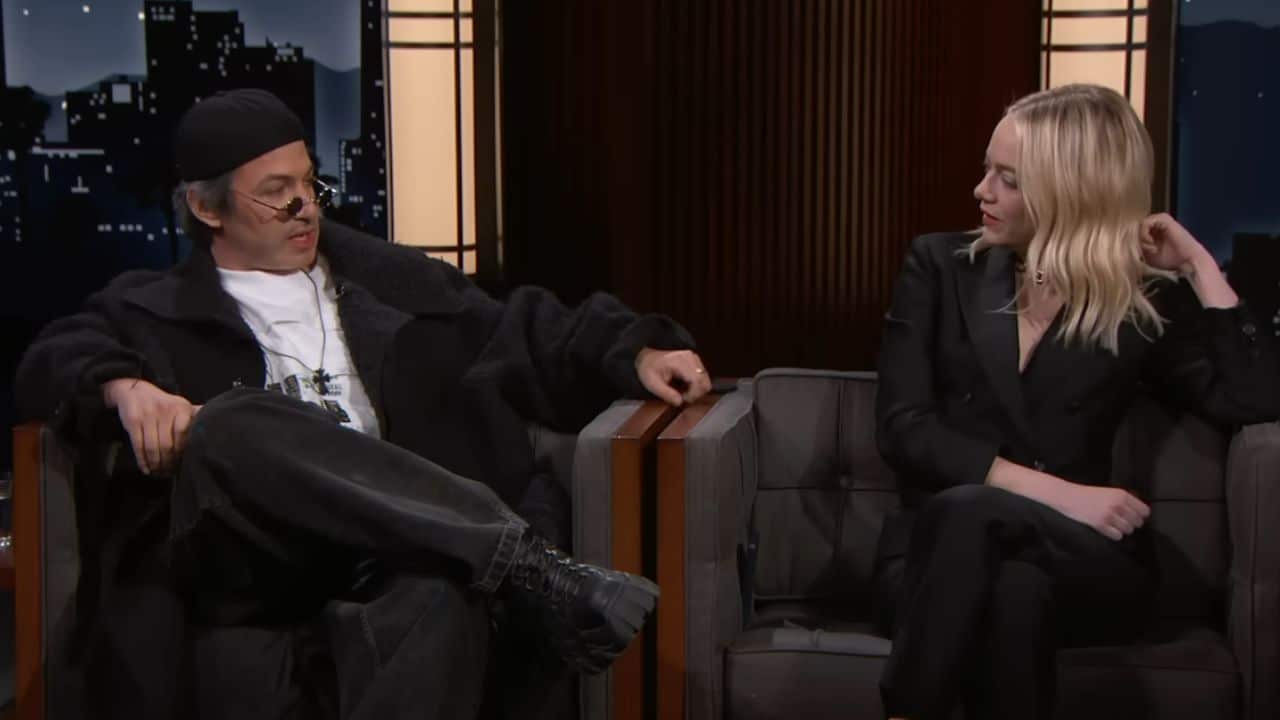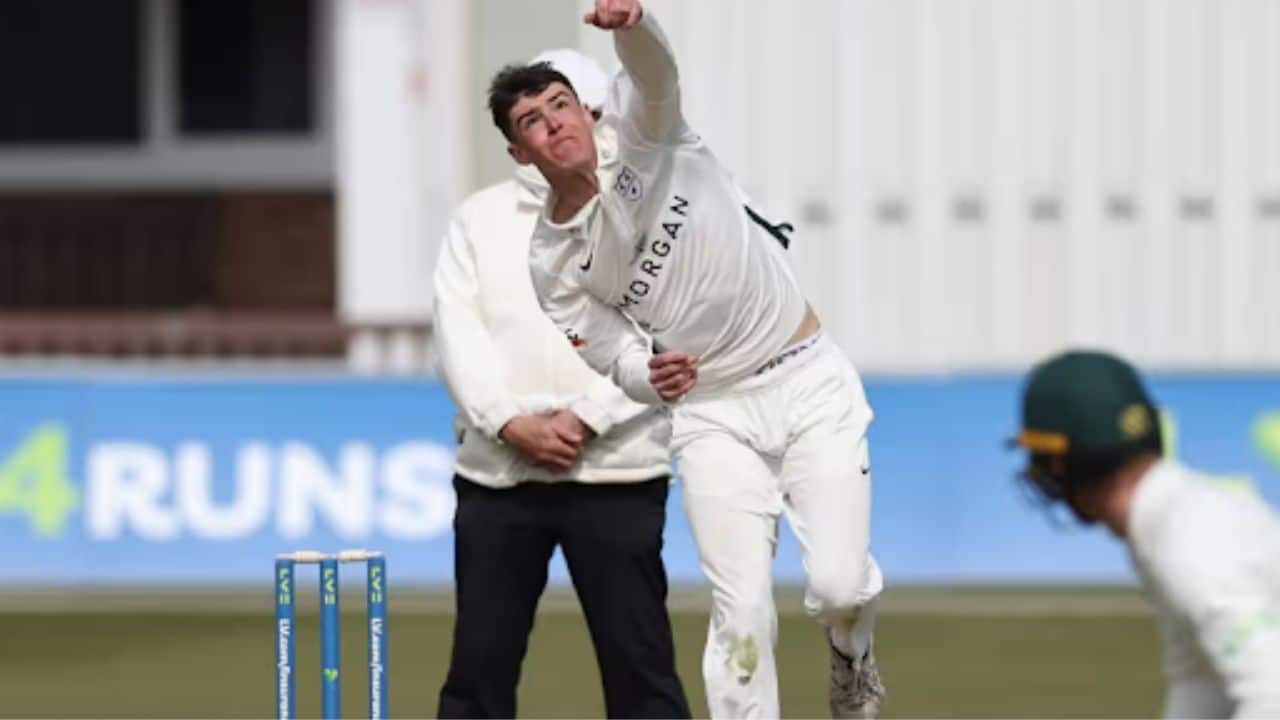Listen to the Podcast:
War movies have always been an integral part of cinema, allowing audiences to experience the intensity, sacrifice, and bravery of those who fought in the wars. Many Japanese war movies cover different eras, conflicts, and perspectives, providing a unique insight into Japan’s history, culture, and identity.
This article will explore some of the most notable Japanese war movies, their themes, characters, and significance.
The Roots of Japanese War Movies
Before we delve into the specific movies, it is worth understanding the cultural and historical context that shaped Japanese war movies. Japan has a long and complex history of wars, ranging from internal power struggles to external invasions, which have profoundly impacted its society and worldview. The two most significant wars that shaped Japanese war movies are World War II and the Sino-Japanese War, marked by extreme violence, atrocities, and trauma.
Moreover, the post-war period in Japan was characterized by a sense of shame, guilt, and mourning over the devastating effects of the war, including the atomic bombs and the loss of lives. This collective trauma was reflected in many Japanese war movies, which often portrayed the soldiers and civilians as victims of war rather than heroes. In this sense, Japanese war movies served as a means of coping, healing, and coming to terms with the past.
Japanese War Movies
We have listed the 14 very best Japanese war movies here. These war movies are a pleasure to watch and guarantee perfect leisure in front of your home theatre.
Letters from Iwo Jima (2006)
Director: Clint Eastwood
Duration: 141 minutes
“Letters from Iwo Jima,” a film directed by Clint Eastwood, offers a unique perspective on the events of World War II. The movie is a masterpiece, and it is easy to see why it has garnered critical acclaim.
The film is an intimate portrayal of the Japanese soldiers who fought on Iwo Jima, an island heavily fortified by the Japanese military. The story is told from the perspective of the Japanese soldiers, and the film provides a fascinating insight into their lives, thoughts, and feelings during the war.
One of the most striking aspects of the movie is its exploration of themes such as honor, duty, and sacrifice. These themes are interwoven throughout the story and are portrayed with great sensitivity and depth. The characters are all complex and nuanced, and the performances from the cast are excellent. Ken Watanabe, in particular, delivers a standout performance as General Tadamichi Kuribayashi, the commander of the Japanese forces on Iwo Jima.
Midway (2019)
Director: Roland Emmerich
Duration: 138 minutes
“Midway” is a war film that centers around the events of the Battle of Midway during World War II. The film takes viewers on a thrilling journey that captures the bravery and sacrifice of the men and women who fought in this pivotal battle.
One of the standout aspects of “Midway” is its epic and majestic tone. Director Roland Emmerich does an excellent job of creating a sense of scale and magnitude, which makes the battle sequences feel truly intense and gripping. The film’s use of special effects and cinematography also adds to this sense of grandeur, creating a visual spectacle that is both stunning and awe-inspiring.
In terms of acting, the cast of “Midway” is solid, with standout performances from Ed Skrein, who plays Lieutenant Richard “Dick” Best, and Patrick Wilson, who plays Lieutenant Commander Edwin T. Layton. Skrein brings a sense of charisma and bravado to his role, while Wilson delivers a nuanced and emotional performance as Layton.
The Last Samurai (2003)
[Video Credits @Movieclips]
Director: Edward Zwick
Duration: 154 minutes
“The Last Samurai” is one that truly stands out. Directed by Edward Zwick and released in 2003, this epic historical drama transports us to 19th-century Japan, where an American soldier named Nathan Algren (played by Tom Cruise) finds himself caught up in a conflict between the traditional samurai warriors and the modernizing forces of the Japanese government.
From the very first scene, the film draws you in with its stunning cinematography as we see Algren struggling to find meaning in his life after the horrors of the American Civil War. As he is recruited to train the Japanese army, we are introduced to various fascinating characters, including the proud and honorable samurai Katsumoto (Ken Watanabe) and the ambitious and ruthless Colonel Bagley (Tony Goldwyn).
The film’s themes of honor, loyalty, and tradition versus modernization are masterfully woven throughout the plot, moving steadily while allowing for reflection and introspection. The performances by the entire cast are top-notch, but Watanabe’s portrayal of Katsumoto truly steals the show. His quiet strength and dignity are genuinely moving, and you can’t help but root for him and the samurai cause.
Related Picks: Top Mafia Movies on Hulu
Tora! Tora! Tora! (1970)
Director: Richard Fleischer, Kinji Fukasaku, Toshio Masuda
Duration: 144 minutes
“Tora! Tora! Tora!” – a historical war drama directed by Richard Fleischer, Kinji Fukasaku, and Toshio Masuda. This epic movie is set against the backdrop of the Pearl Harbor attack during World War II, and it captures the events that led to this pivotal moment in history.
The plot of “Tora! Tora! Tora!” is masterfully crafted, taking the audience through the complexities of politics, war, and human emotions. The film focuses on the perspectives of both the American and Japanese sides, providing a balanced and insightful portrayal of the events leading up to the attack. The themes of patriotism, duty, sacrifice, and the futility of war are deftly interwoven throughout the movie, leaving a lasting impact on the viewer.
Grave of the Fireflies (1988)
Director: Isao Takahata
Duration: 89 minutes
“Grave of the Fireflies” is a devastatingly beautiful animated film that tells the heart-wrenching story of two siblings struggling to survive in war-torn Japan during World War II. Directed by Isao Takahata and based on a semi-autobiographical novel by Akiyuki Nosaka, this movie is a poignant reminder of the horrors of war and the innocent lives it often claims.
The film’s plot centers around two siblings, Seita and Setsuko, who are forced to fend for themselves after their mother dies and their father is sent to war. With their hometown of Kobe bombed and destroyed, the two children are left with nothing but each other and must fight for survival in a world that has turned against them.
One of the most striking things about this movie is its tone. The story is told with deep sadness and despair, yet it also conveys moments of hope and beauty amidst the chaos. The film’s themes of family, sacrifice, and loss are masterfully woven into the narrative, leaving a lasting impression on the viewer.
Hacksaw Ridge (2016)
Director: Mel Gibson
Duration: 139 minutes
“Hacksaw Ridge” has affected a lot. Directed by Mel Gibson and starring Andrew Garfield, the film is a gripping tale of one man’s courage in the face of overwhelming adversity.
The plot of “Hacksaw Ridge” revolves around the true story of Desmond Doss (Garfield), a young man who enlists in the US Army during World War II but refuses to carry a weapon due to his religious beliefs. Despite being ridiculed and harassed by his fellow soldiers, Doss eventually earns their respect and admiration through his bravery on the battlefield.
At its core, “Hacksaw Ridge” is a film about the triumph of the human spirit in the face of impossible odds. The themes of courage, sacrifice, and faith are woven throughout the narrative, creating a profoundly moving and inspiring story that will stay with you long after the credits roll.
Battle of Okinawa (1971)
Director: Kihachi Okamoto
Duration: 149 minutes
“Battle of Okinawa,” a Japanese war movie directed by Kihachi Okamoto. This epic war film follows the story of Japanese soldiers fighting against American forces during the final days of World War II.
The film’s plot is compelling, showcasing the fierce battles between the two sides and the emotional turmoil the Japanese soldiers face. The themes and tone of the film are intense, highlighting the horrors of war and the tragedy of the conflict. The movie also explores the idea of honor and sacrifice in times of war.
The acting and characters in “Battle of Okinawa” are superb. The cast delivers outstanding performances, bringing the characters to life believably and emotionally. The lead characters are well-developed, with their backstories and motivations adding depth to the film’s narrative.
Under the Flag of the Rising Sun (1972)
Director: Kinji Fukasaku
Duration: 96 minutes
“Under the Flag of the Rising Sun” is a powerful and emotional Japanese war drama that explores the devastating impact of war on ordinary people’s lives. Directed by Kinji Fukasaku, the film tells the story of Toshiko Tamura, a widow who embarks on a journey to discover the truth about her husband’s death during World War II.
The film’s plot is gripping and emotionally charged, as Toshiko’s search for answers takes her through a series of heart-wrenching encounters with other war widows and soldiers. The film’s themes of grief, loss, and the human cost of war are explored with great sensitivity and depth, leaving a lasting impression on the viewer.
The Human Condition Trilogy (1959-1961)
Director: Masaki Kobayashi
Duration: 560 minutes
“The Human Condition Trilogy” directed by Masaki Kobayashi. This epic cinematic masterpiece is a sprawling exploration of human nature and morality set against the backdrop of World War II in Japan.
The trilogy comprises three films: “No Greater Love,” “Road to Eternity,” and “A Soldier’s Prayer.” The plot follows Kaji, a Japanese pacifist forced to serve in the Imperial Army during World War II. The story is not just about the brutality of war. Still, it also delves into the complexities of human behavior and the struggle to maintain one’s morality in the face of overwhelming adversity.
The themes and tone of the film are sad and reflective as the characters grapple with the weight of their actions and the morality of their choices. The film explores power and how it can corrupt individuals while examining the importance of compassion and empathy in war.
You May Find Interest: Top 20 Cannes Movies Everyone Will Be Talking in 2024
Yamato (2006)
Director: Jun’ya Satô
Duration: 110 minutes
“Yamato” is a gripping and visually stunning film that chronicles the journey of the legendary Japanese battleship, Yamato, during the final days of World War II.
Junya Sato directed “Yamato” is a beautifully crafted film that explores complex themes of loyalty, sacrifice, and honor. The movie’s plot follows the crew of the Yamato as they embark on a suicide mission to take on the Allied forces, knowing fully well that their chances of survival are slim.
What makes “Yamato” stand out is its ability to create a sense of tension and urgency that grips the audience right from the opening scene. The pacing is fast, and the stakes are high, which makes for a thrilling cinematic experience.
Seven Samurai (1954)
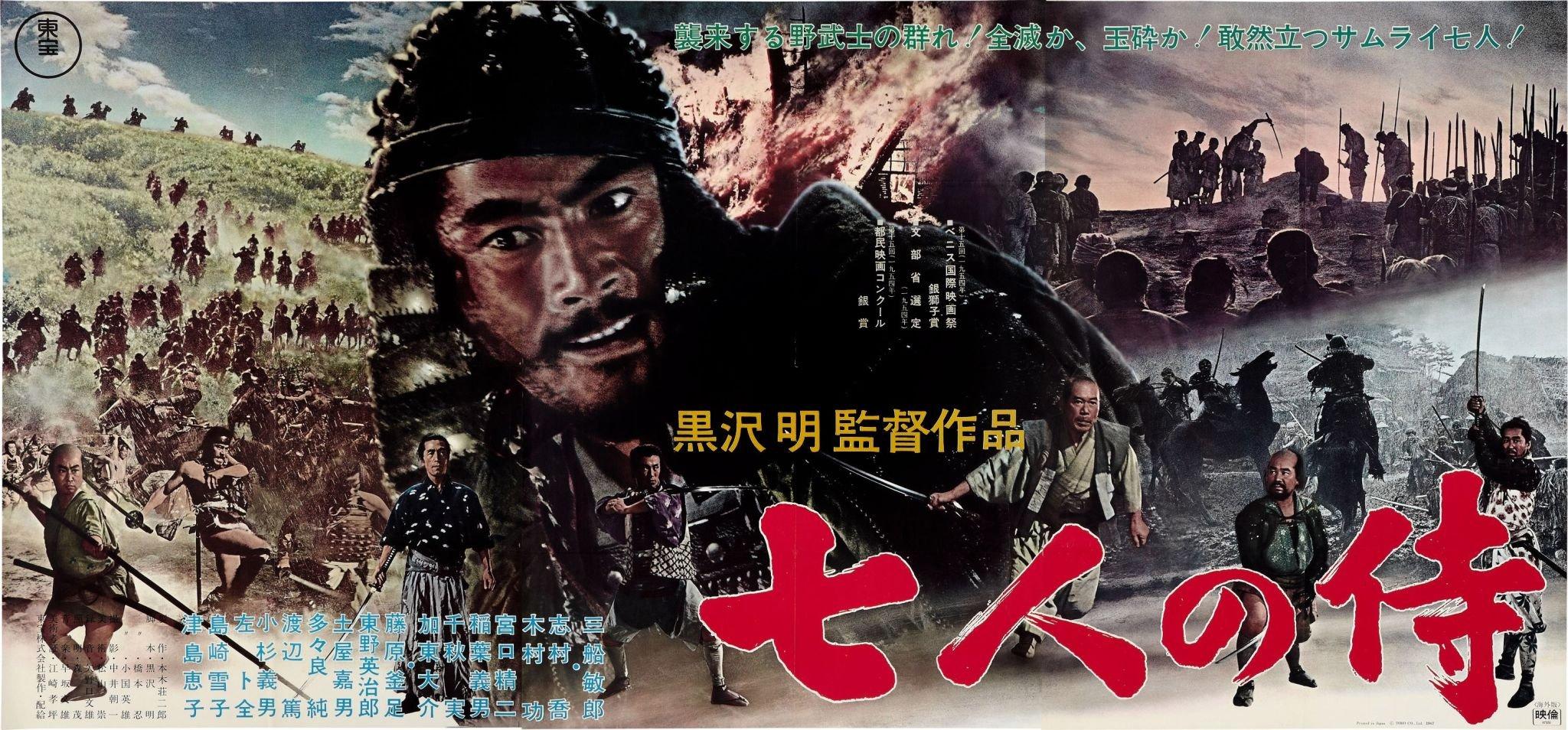
Director: Akira Kurosawa
Duration: 207 minutes
“Seven Samurai” is a masterpiece of cinema that transcends language barriers and time. Directed by the legendary Akira Kurosawa, this 1954 epic is an unforgettable cinematic experience that has inspired countless films since its release.
The film’s plot centers on a poor village repeatedly raided by bandits. To defend themselves, the villagers seek the help of seven samurai, who agree to protect them in exchange for food and shelter. As the bandits approach, the samurai and villagers must prepare for a fierce battle determining the village’s fate.
At its core, “Seven Samurai” is a film about heroism, sacrifice, and the power of community. Kurosawa masterfully weaves together themes of loyalty, honor, and duty to create a story that is both timeless and deeply resonant.
Fires on the Plain (1959)
Director: Kon Ichikawa
Duration: 108 minutes
“Fires on the Plain,” a haunting and powerful war drama directed by Shinya Tsukamoto. Set during the final days of World War II, the film follows the journey of a soldier named Tamura (played by Tsukamoto himself) as he navigates through the treacherous terrain of the Philippine jungle, struggling to survive in the face of hunger, disease, and enemy attacks.
One of the most striking aspects of “Fires on the Plain” is its unflinching portrayal of the horrors of war. The film does not stop depicting the brutality and desperation accompanying such a conflict, as we see Tamura and his fellow soldiers reduced to savagery in their fight for survival. The stark cinematography often frames the characters against the vast and unforgiving landscape, adding to the film’s bleakness and despair.
At the same time, however, “Fires on the Plain” also explores more nuanced themes of identity, morality, and human connection. Tamura’s journey becomes a quest for self-discovery as he grapples with his sense of purpose and worth during a more significant, seemingly senseless conflict. The film also examines the bonds of loyalty and camaraderie that form between soldiers, even in the direst circumstances.
The Burmese Harp (1956)
Director: Kon Ichikawa
Duration: 116 minutes
“The Burmese Harp” is a beautifully crafted masterpiece that explores the human cost of war and the power of redemption through music. Directed by Kon Ichikawa, this Japanese war drama is a poignant and thought-provoking film that takes a unique and reflective approach to the horrors of war.
The plot revolves around Private Mizushima, a Japanese soldier stationed in Burma during the end of World War II. After his battalion is defeated, Mizushima is tasked with convincing a group of Burmese soldiers to surrender. In his efforts to do so, he discovers a talent for playing the Burmese harp, a powerful symbol of hope and healing for himself and his fellow soldiers.
One of the most striking aspects of “The Burmese Harp” is its exploration of themes such as loss, grief, and identity. The film highlights the emotional turmoil that soldiers experience during and after the war and the difficulty of finding a sense of purpose and meaning in life when faced with the aftermath of conflict. The tone is contemplative and melancholic, perfectly complemented by the haunting score and beautiful cinematography.
The Ode to Joy (2006)
Director: Masanobu Deme
Duration: 130 minutes
“The Ode to Joy” is a cinematic masterpiece that blends humor and drama to tell a heartwarming story about life’s unpredictability and the power of human connection.
The plot follows Charlie (Martin Freeman), a New Yorker who suffers from cataplexy, a condition that causes him to lose muscle control when he experiences strong emotions like joy. Despite this challenge, he tries to live everyday life. Still, his carefully constructed routine is disrupted when he meets Francesca (Morena Baccarin), a free-spirited woman who challenges him to take risks and embrace life.
The film’s themes and tone are uplifting and inspiring as it explores the power of human connection and the importance of embracing life’s ups and downs. The film’s humorous moments balance out the drama and keep the story light-hearted and engaging.
Japanese War Movies: Ratings and Scores
| Movie | IMDB Rating | Rotten Tomatoes Score | Release Year |
|---|---|---|---|
| Letters from Iwo Jima | 7.9 | 91% | 2006 |
| Midway | 6.7 | 43% | 2019 |
| The Last Samurai | 7.7 | 66% | 2003 |
| Tora! Tora! Tora! | 7.5 | 55% | 1970 |
| Grave of the Fireflies | 8.5 | 97% | 1988 |
| Hacksaw Ridge | 8.1 | 85% | 2016 |
| Battle of Okinawa | 7.9 | Not Available | 1971 |
| Under the Flag of the Rising Sun | 7.9 | Not Available | 1972 |
| Yamato | 6.6 | Not Available | 2005 |
| Seven Samurai | 8.6 | 98% | 1954 |
| Fires on the Plain | 8.0 | 100% | 1959 |
| The Burmese Harp | 8.1 | 100% | 1956 |
Final Words
Japanese war movies offer a unique and powerful perspective on the experiences of both soldiers and civilians during times of conflict. Through their vivid portrayal of wartime events, these movies provide insight into the courage, sacrifice, and tragedies of war while also exploring complex themes of national identity, honor, and loyalty.
Whether depicting historical battles or imagining alternative realities, Japanese war movies are a testament to the resilience and creativity of filmmakers who seek to capture the human experience in times of crisis. They remain an important cultural and artistic legacy, inspiring reflection on the past and hope for a peaceful future.


